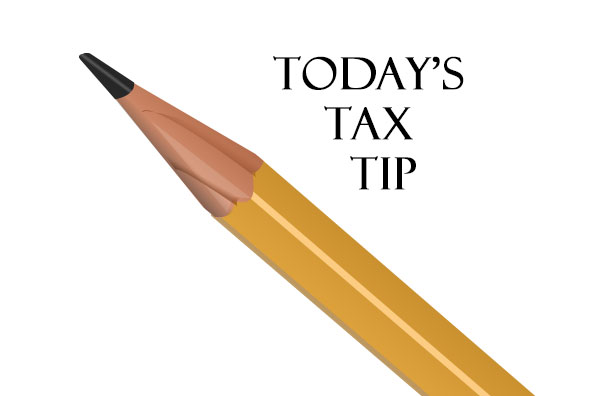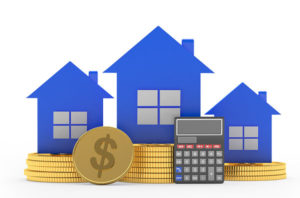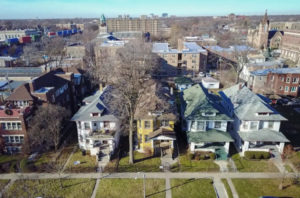Managing Your Assets in a Stagnant Economy
Illinois is currently attempting to pass a budget which is $3bn out of balance and the Speaker of The General Assembly freely and publicly admits that “we don’t have the money to pay for this budget.” The Chicago Tribune reports that this is a tactic in order to force the Governor to accept “a big tax increase”. This big tax increase the Illinois legislature is attempting to pass will come in the form of both an income tax increase as well as property tax increase.
One often overlooked method of managing real estate assets is through aggressive appeals of property taxes. Properly and aggressively appealing property taxes can save thousands of dollars annually.
Better Management of a Recurring Expense
Property taxes are a recurring expense that can be managed through vigilant monitoring of the assessed valuation. The three methods of assessing valuation of a property asset are:
- Sales Comparison Approach
- Income Approach
- Reproduction Cost Approach
The Sales Comparison Approach of asset valuation is to base the value of the asset on the sale price of comparable properties in a given area typically by looking at what other properties have in common with the asset property. This method determines the value of an asset by the sum of its parts when compared to other properties with similar parts. When it comes to valuing real estate, this is a limited and considered to be a less sophisticated approach.
The second approach, known as the Income Approach, can be effectively utilized in any downturned economic climate or in areas which may be susceptible to having a “renters market”.
The Income Approach utilizes the Net Income which a property can generate in a given year based on given market rates for similar types of property in a given area. This approach allows for adjustments in asset value based on vacancies or other interruptions in cash flow which can substantially impact an asset’s earning power.
A third way to value assets is to utilize what is known as the Reproduction Cost Approach.
The Reproduction Cost Approach has limited uses for being the primary valuation method. However, it can be the most reliable method when dealing with assets with improvements.
The base assumption is to value the asset based on what the “informed buyer” would pay for reproducing a similar property in the given area. This method is often used when attempting to value a property with significant upgrades or improvements.
Market Values Drop While Tax Rates Rise
Currently, Cook County has no intention of reducing the property tax rate or to reassess property values. The fact that the same tax multiplier is being applied to property which has declined in value means that it us up to the owner to aggressively challenge the value of the property in order to receive a fair and reasonable tax bill. With no reassessment of the value of the property the end result is a larger tax bill as a percentage of value of the asset.
In some parts of Cook County, market values have dropped for high-end/luxury residential, commercial, industrial, and investment properties. In many cases there has not been a corresponding reduction in assessed valuation of the property.
The Chicago Public Schools are on the verge of bankruptcy. They have a projected $1.1 billion dollar budget gap for the next fiscal year and costs are expected to increase for the year. The CPS is about to sell $296 million dollars in bonds rated at “Baa3” which means a higher interest rate must be paid upon their reaching maturity, to pay for current and future operations. The one consistent factor in this market is that the tax rates levied by all school districts and other units of local government continue to escalate.
Managing the assessed valuation through the appeals process can give some measure of stability to the volatile property tax environment in Cook County.
Public Employee Pension Obligations Will Increase Property Tax Burden
As the proposed change in Illinois public pension obligation payments continues to work its way through the courts, it is the Illinois tax payer who must foot the bill. News reports in recent months have been filled with stories of how policymakers in Springfield, Chicago and suburban municipalities and school districts will be forced to raise property tax to meet soaring public pension payments.
In 2011, Illinois passed a “temporary” 4 year income tax increase in the hopes of raising $6.5 billion a year. The purpose of this tax was to raise enough revenue to pay off bills and begin a process of balancing the State budget. When the increase was due to expire, then Governor Quinn declared that the “temporary” increase must be made permanent to provide more money for education and social programs.
While the income tax increase resulted in bringing in an estimated additional $18 billion dollars into the State, the debt and pension payments did not shrink as planned — they grew. Many believe that at this point there is no choice but to raise property tax rates in Cook County and across the State of Illinois.
In 2013, Illinois spent $1.45 billion in interest on its bonds, according to the Illinois Comptroller. In the past two years since, Illinois has issues more bonds and seen its bond rating cut.
Aggressive asset management of property tax on residential, commercial, and industrial properties can help to mitigate the effect of the tax increase and keep your money in your pocket where it belongs.





